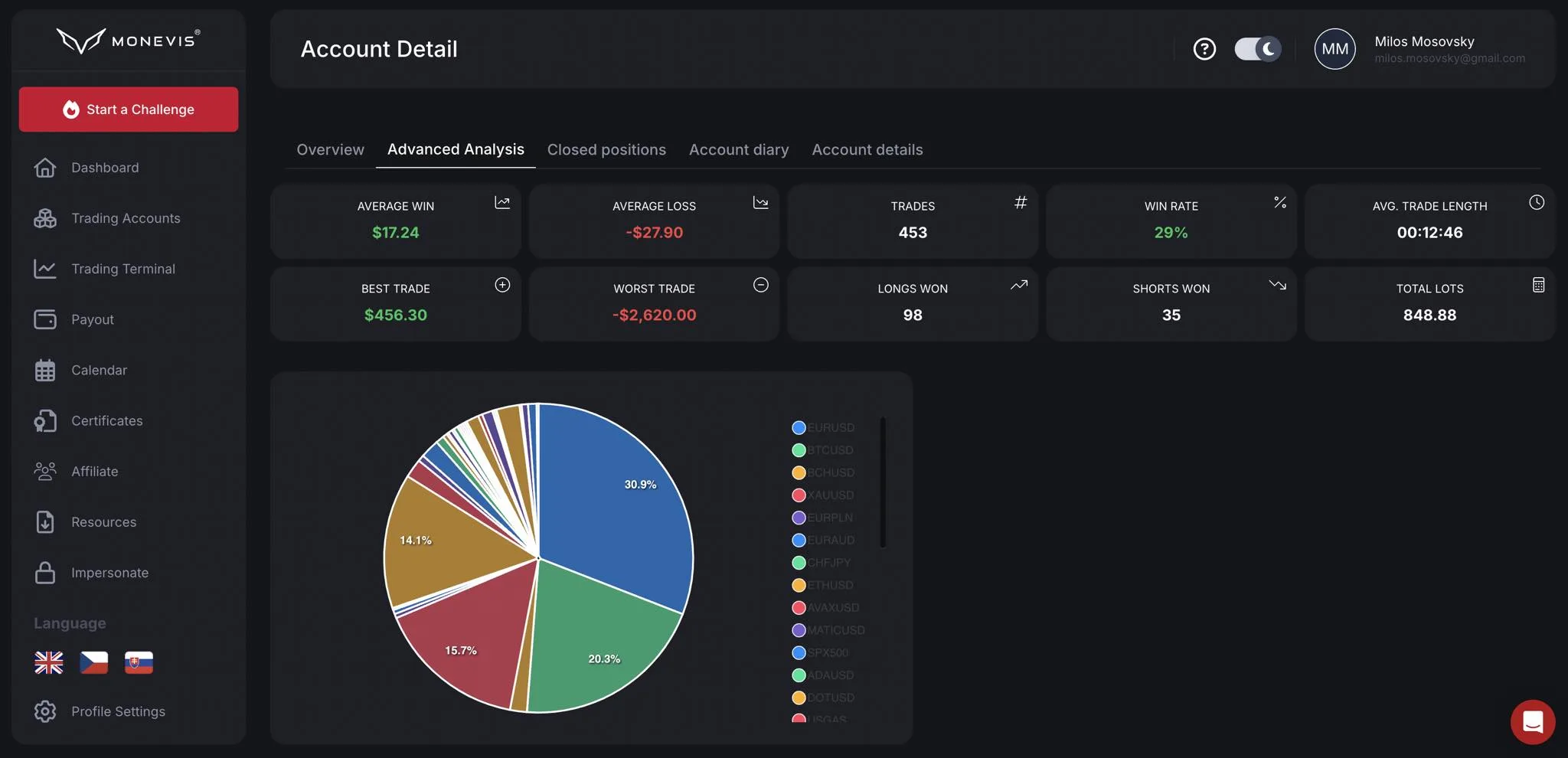HOT TIPP: Entfesseln Sie Ihr Handelspotenzial mit Monevis®

Understanding Options Trading Firms
In the financial market, many players interact in various ways to maintain a functional and dynamic ecosystem. Among these players are options trading firms. If you have ever dabbled in stock trading, you are likely familiar with the idea of options trading. However, understanding what options trading firms do and how they operate can be a bit more complex. This article aims to demystify options trading firms and provide you with valuable insights into their operations and their role in the financial market.
What are Options?
Before we dive into options trading firms, it’s important to understand what options are. In the financial market, an option is a derivative financial instrument that gives the holder the right, but not the obligation, to buy or sell an underlying asset at a predetermined price within a specific timeframe. Options are used for hedging risk, speculating on future price movements, or to allow potential benefit from price differences.
Types of Options
There are two types of options – call options and put options. A call option gives the holder the right to buy an underlying asset at a fixed price within a specific timeframe, while a put option gives the holder the right to sell an asset at a predetermined price within a certain period.
What are Options Trading Firms?
Options trading firms specialize in trading options on behalf of their clients. These firms have experienced and skilled traders who understand the complexities of the options market. They use advanced trading strategies to capitalize on price movements in the market, providing a potential profit for their clients.
These firms could be market makers, proprietary trading firms, or brokerage firms. Market makers provide liquidity to the options market by being ready to buy and sell options at publicly quoted prices. Proprietary trading firms trade using their own capital, while brokerage firms execute trades on behalf of their clients.
The Role of Options Trading Firms
Options trading firms play a crucial role in the financial market. Here’s how:
1. Providing liquidity: By continuously buying and selling options, these firms ensure that there is always a buyer and seller for every trade, ensuring smooth and efficient trading.
2. Risk management: Options trading firms help investors manage risk. By using options, investors can hedge their investments against potential losses in the underlying asset’s price.
3. Speculation: These firms allow investors to speculate on the future price movements of an underlying asset without having to own the asset itself.
Working with Options Trading Firms
Options trading firms offer several benefits. They have in-depth knowledge of the market and can provide strategic insights that individual investors may not have. They also have access to sophisticated trading systems that can execute trades quickly and efficiently.
However, it’s important to understand that options trading involves a high level of risk and is not suitable for all investors. The risk comes from the complex nature of options and their potential for substantial losses.
Selecting an Options Trading Firm
When choosing an options trading firm, consider factors such as their trading platform, customer service, fees, and their reputation in the industry. Ensure the firm is registered with the appropriate regulatory bodies, such as the Financial Industry Regulatory Authority (FINRA) in the U.S. or the Financial Conduct Authority (FCA) in the U.K.
Final Words
Options trading firms play a vital role in the financial markets, providing liquidity, risk management services, and a platform for speculation. However, the trading of options involves significant risk. Therefore, it is crucial to conduct thorough research and consider seeking advice from financial advisors before venturing into options trading. By understanding how these firms operate, you can make informed decisions about whether to involve them in your investment strategy.
HOT TIPP: Entfesseln Sie Ihr Handelspotenzial mit Monevis®
